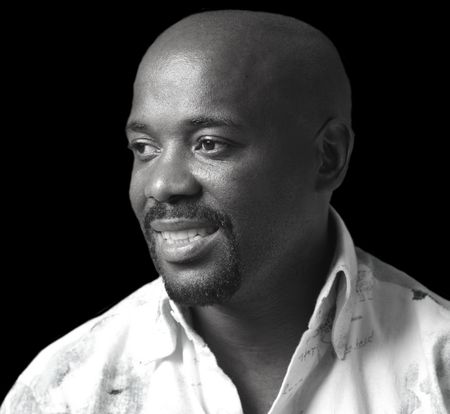Why else would people take the time and trouble to trade faceless insults on the Internet? Even more astonishing was the fanning of the flames, the speed with which moronic statements were spreading, like a digital super virus. What we were witnessing was nothing less than the menace of the digital age: the web's power to draw forth, almost unlimitedly, our basest instincts.
But then, quickly, the digital was made flesh, after the death of a right wing demagogue, whose killing was indirectly blamed on reckless rhetoric that had been spewed by a rising young populist, then repeated ad infinitum by his zealous followers.
The action moved from the relative safety and privacy of the keyboard to the dusty streets of Ventersdorp, the former stronghold of the far right, where grizzly members of the once feared AWB emerged from their long slumber to trade insults with their once quiet and fearful township neighbours.
It is of course impossible to state with any certainty that there’s a link, no matter how tenuous, between the filthy words that were exchanged in the anonymous safety of the digital domain and the dangerous confrontations on the dusty streets of a fallen right wing haven. But there’s no doubt that what is first uttered online can quickly morph into a cause, however right- or wrong-headed, in the real world.
Herein lies the menace of demagogues in the digital age: their contagious message catches on faster than an arsonist’s fire. Just as marketers are salivating at the prospect of reaching consumers with digital tools, so demagogues are looking to convert audiences into digital disciples.
The largely faceless comments on Facebook (pun intended) and elsewhere touch raw nerves, but can mainly be dismissed as mere digital sound and fury, generated by those who have inherited way too much bandwidth and too little brain power. But then the spewings spill over into the real world. South Africa is not alone in seeing decent and civilized debate pushed aside by the rambunctious push of popular but ill-considered uprisings. In the US the likes of Glen Beck, Rush Limbaugh and Sarah Palin are a dangerous conservative cocktail that threatens to drive a wedge permanently into the country's divisions.
The lure of the digital age lies in participation, and often people will forward something on without as much as glancing through it. The logic seems to be, "if my trusted or not so trusted mates passed it on to me, I can't be a spoilsport and not do the same". This is the poison pill in our brimming-over digital cups: the medium is a force multiplier for spreading even the most unsavoury messages in this thoughtless way.
It reminds me of South Africans' habit of slowing down at the scene of an accident, causing traffic chaos for what some traffic reporters "spectator value". What's the upside to slowing down for a really good look at the scene of an accident?
Perhaps there is an primeval urge, a kind of uncontrollable blood lust that makes it impossible for most of us to resist looking. This seems related to the impulses that render many powerless against pressing their respective "send", "forward" and "like" buttons.
What has gone largely unnoticed is the extent to which even the so-called "born-frees" have been hauled on to the bandwagon of hate, to gleefully trade cowardly insults with their counterparts on many of the popular social platforms. This is a setback for those who had hoped that new generations of South Africans would lead the way towards greater harmony because they had not been scarred by the conflicts of the past.
What the past few months, and especially the last few weeks have shown, is that with the bridging of the various digital divides, those who wish to spread messages of hate and fear can now do so at the speed of light.
The ugly exchanges on the Internet and the shameful scenes in Ventersdorp this week should remind us why we need to treasure those things that once made South Africans peace mongers in a world where so many others find themselves at the mercy of powerful thugs and their henchmen.




